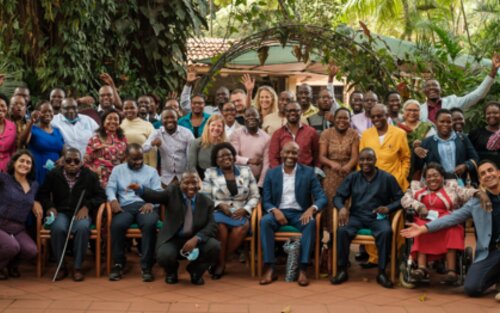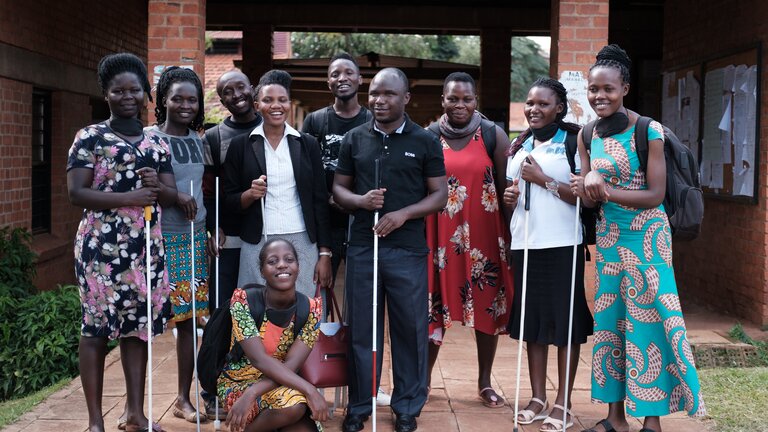How to Find Potential Programme Participants with Disabilities
It can sometimes be difficult to find potential programme participants with disabilities through usual mobilisation channels. Employing a few simple strategies can go a long way towards making your search easier and more effective.

Use your existing partnerships and/or Internet search to find contacts to disability support structures in a particular area, region and/or country. A number of larger disability support structures now have a presence on the internet though a website, directory and/or social media pages. If you already partner with some disability support structures, use them as a source and link to others in their networks.

« Disability support structures are usually a trusted source for information on opportunities for community members with disabilities and their families. Information coming from these structures is more likely to reach networks of people with disabilities, also enabling spread of information through word of mouth within this particular demographic. Engaging structures such as Organisations of People with Disabilities (OPDs), local disability groups including community based organisations and self-help groups, and Disability-Specific/Expert organisations works to support various elements of a disability inclusive programme: they are a useful resource in promoting the programme within their networks; offering recommendations for service providers (such as sign language interpreters, providers of assistive devices, assistive technology, etc.) and; providing expertise on disability inclusion (including trainings and practical guidance on inclusive recruitment strategies). »
Snowball searching: Identify a few disability support structures, community/youth groups or local government official and use them to spread information to others in their networks.
Organize regular outreach programs and/or information sessions to grow interest in the programme.
Spread the word far and wide using alternative formats (audio, video, easy-reads) to get the word out. These increase coverage, reach of information and accessibility for people with different types of impairments.
Have Liaisons/ Contact people on hand to provide further information about the programme and support provided.
Ideally, a combination of traditional media (Radio, community radio, TV, print newspaper) and digital (website(s), social media platforms) as well as availing information about the programme in various formats (audio, video, easyread documents) increases accessibility for people with disabilities and ensures wide reach of information.
